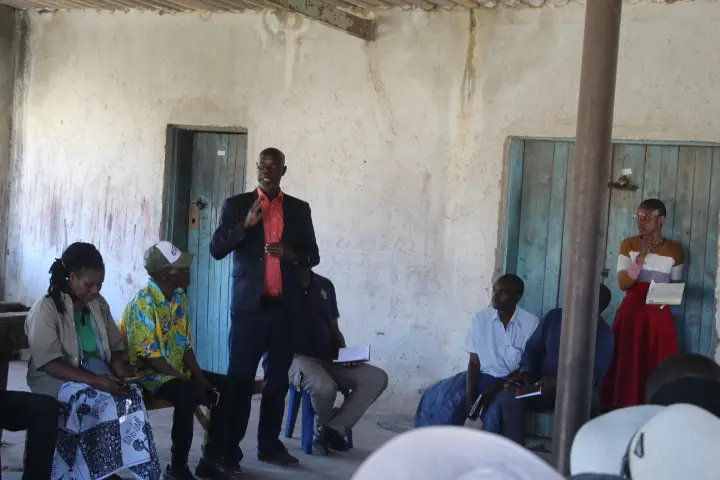By Alois Vinga
INHABITANTS of Mberengwa in Midlands province have implored Parliament to translate the Mines and Minerals Bill to local languages in order to empower communities to address problems bedeviling them through meaningful input when public hearings kick off.
The Bill, which has gone through several twists and turns since 2015, is seen as a signal marking the departure from the archaic colonial legislation last promulgated in 1961, leaving gaps which the mining companies have taken advantage of over the years.
The document was gazetted in June 2025 under General Notice 1243A of 2025 by Clerk of Parliament, Kennedy Chokuda, in terms of Standing Order No.142 (1) of the National Assembly.
Speaking during the Silveira House organised district environmental impact assessment dialogue this week, Mberengwa Ward 10 Councillor, Devilious Mashavakure called on Parliament to set out its systems for widespread circulation.
“Parliament must strive to overcome the language barriers in communities hardest hit by mining activities. The English jargon used in law is often confusing hence the urgent need to roll it out in local languages.
“So far we appreciate the role being played by community based publications in conscientising the Mberengwa local residents,” he said.
Mashavakure urged stakeholders and Parliament to work expeditiously and pave the way for the finalisation of the Bill as soon as possible as a strategy to stop the current rampant environmental damage before it goes offhand.
Merengwa Ward 16 Councillor, Lovemore Nkomo expressed gratitude over the clauses in the Bill saying it has the potential to address the bulk of problems bedeviling the mining sector.
He said the neo-colonial agenda contained in the 1961 Mines and Minerals Act could be a thing of the past once the Bill sails through. He underscored that the document needs to be circulated in local languages way on time ahead of public hearings.
Alder Makotore, an Environmental Sub Committee member in the same district implored Parly to urgently insert issues that affect women in mining communities such as destruction of water sources, eradicating sexual harassment, which are not so prominent in Bill.
She said mechanisms which guaranteed women’s participation during the forthcoming public hearings exercises must be put in place.
Silveira House project manager for community-led mining advocacy and governance, Zandile Mvududu said while the Bill presents opportunities to address legacy problems in the mining sector, the Portfolio Committee on Mines must be geared to receive overwhelming feedback from residents.
“With the Environmental Social Governance (ESG) focus in most mining communities which have been influenced by the efforts to minimise the ESG risks, we feel that the Bill has gained so much momentum in the communities,” she said.
